Joseph Le Corre known as Jos (1925-1979):
Jos Le Corre, whose real name was Joseph Le Corre, was born in Baud, Morbihan, and died in 1979 in Gouesnac'h, Finistère. A multi-talented artist, he left his mark on the Breton art scene with his work as a painter, graphic designer, and ceramist. After studying in Lorient, he moved to Paris in 1945 to study with the famous poster artist Paul Colin, then briefly attended the studio of the painter Fernand Léger, whose influence was felt in the clarity and structure of his drawing. Back in Brittany, Jos Le Corre joined the Regional School of Fine Arts in Quimper where he trained in the studio of Robert Villard. He became a professor of graphic arts there in 1952, a position he held until his death. Alongside his teaching career, he developed a rich personal oeuvre, at the crossroads of modernity and local traditions. In 1948, he began collaborating with the Keraluc pottery in Quimper, as an independent painter-decorator. There, he developed a free, colorful graphic style, often imbued with poetry, which was expressed both in scenes of daily life and in the stylized representation of the plant and animal world. At the same time, Jos Le Corre distinguished himself as a poster artist: his creations for the Cornouaille Festival in Quimper in the 1950s, particularly that of 1955, met with great success and caught the attention of Georges-Henri Rivière, a major figure in French ethnography. He was also noticed at the first Salon des céramistes d'art de France in 1949, in Paris, for a decorated work entitled Daniel dans la fosse aux lions, created for Keraluc. In 1959, he founded the Atelier du Steïr with his friend Georges Connan, where he continued his research around the floral motif and experimented with new decorations, often taken up by Keraluc between 1966 and 1976. This period was marked by great freedom of expression, in an immediately recognizable formal language. After his death, the Musée des Beaux-Arts de Quimper dedicated a major retrospective to him in 1981. Today, his works are held in several public collections, notably at the Musée national des Arts et Traditions populaires in Paris, the Musée départemental breton and the Musée de la Faïence de Quimper. Both modern and rooted, Jos Le Corre has managed to combine the popular heritage of Breton earthenware with the graphic contributions of the 20th century, leaving a unique, inventive and joyfully lively body of work.


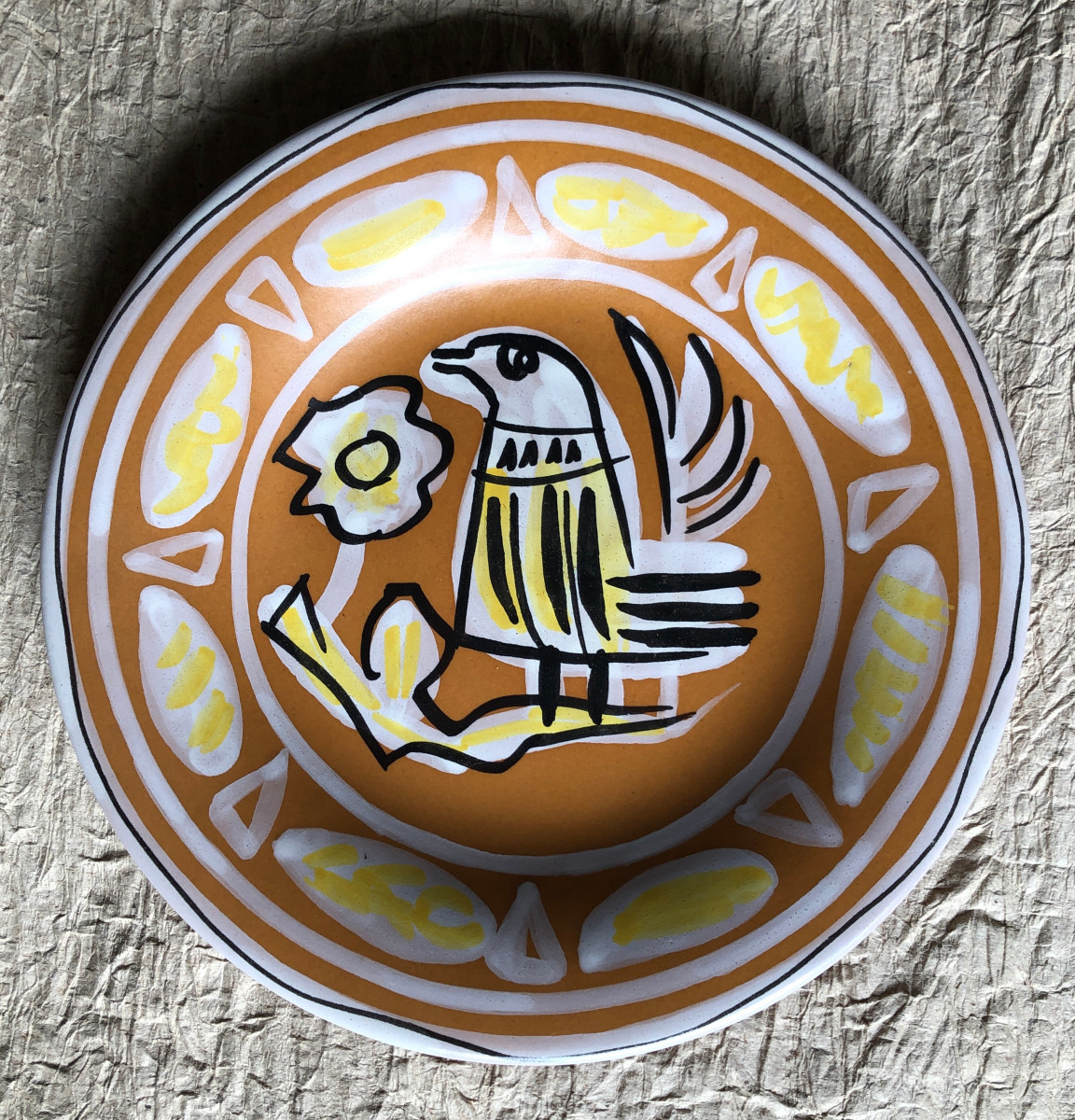







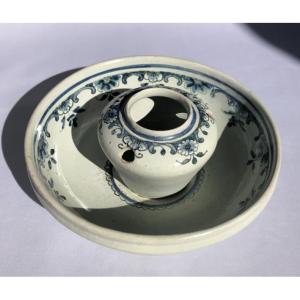

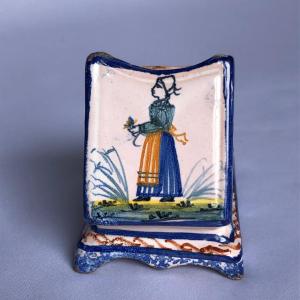











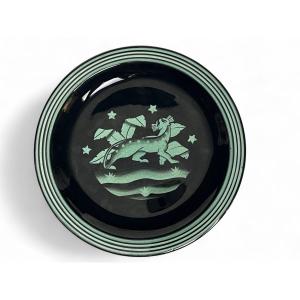

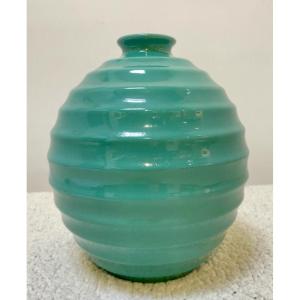

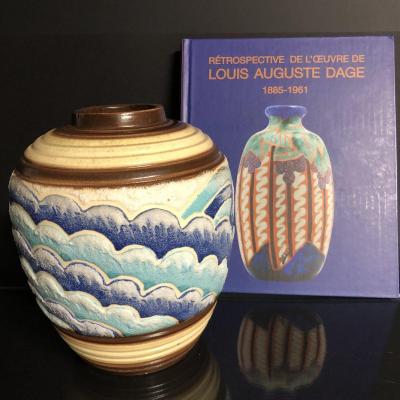



 Le Magazine de PROANTIC
Le Magazine de PROANTIC TRÉSORS Magazine
TRÉSORS Magazine Rivista Artiquariato
Rivista Artiquariato